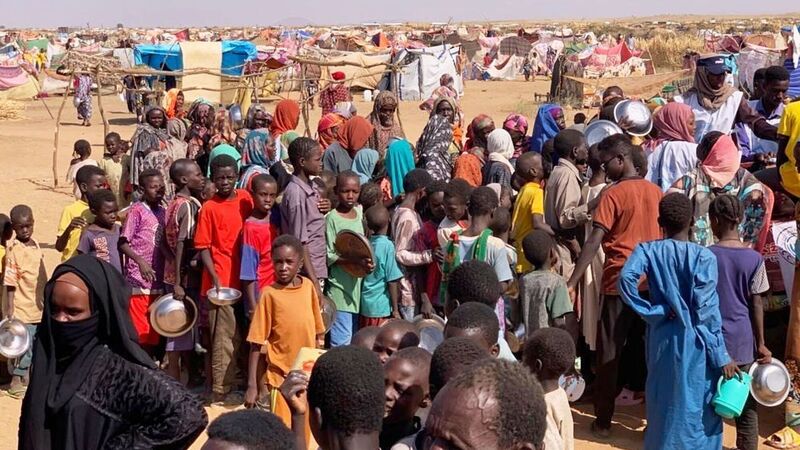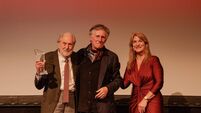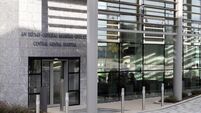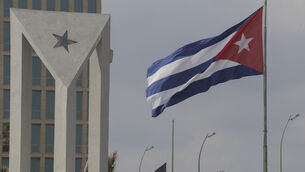Irish Examiner view: Ireland cannot look away from Sudan

Families from el-Fasher at a displacement camp where they sought refuge from fighting between government forces and the RSF, in Tawila, Darfur, Sudan on Friday. Picture: Norwegian Refugee Council/AP
By the happy accident of birth, nobody in Ireland lives under the threat of horrific violence at the hands of a brutal militia. Famine and rape are not weaponised and our children are not traumatised by the crackle of machine-gun fire.
In Sudan, millions of people cannot say the same.
















